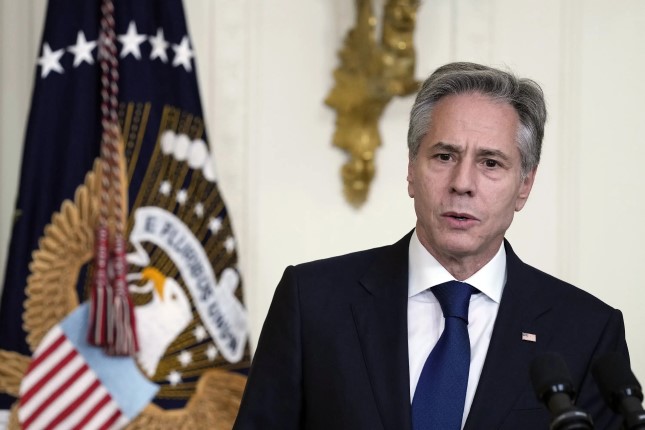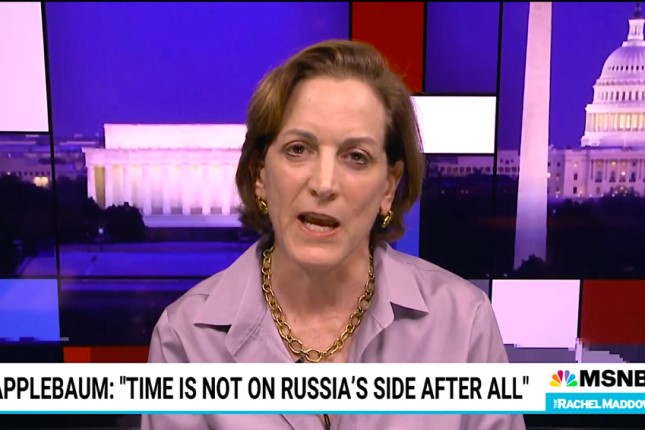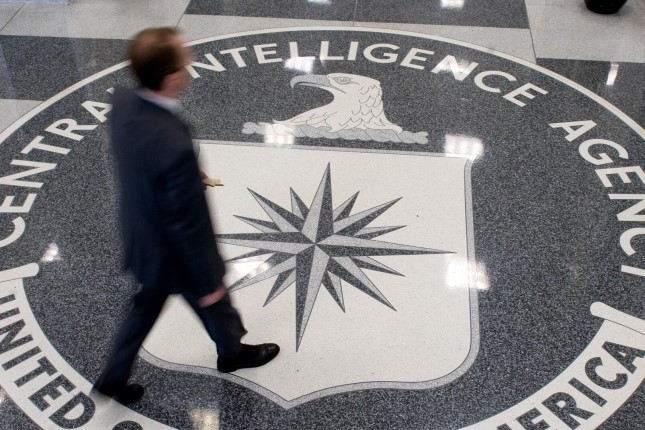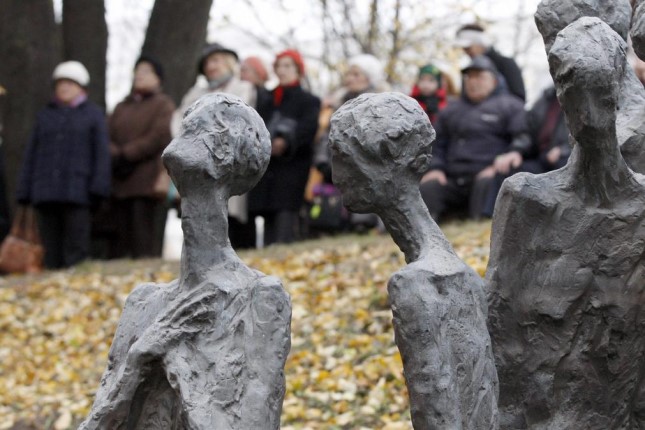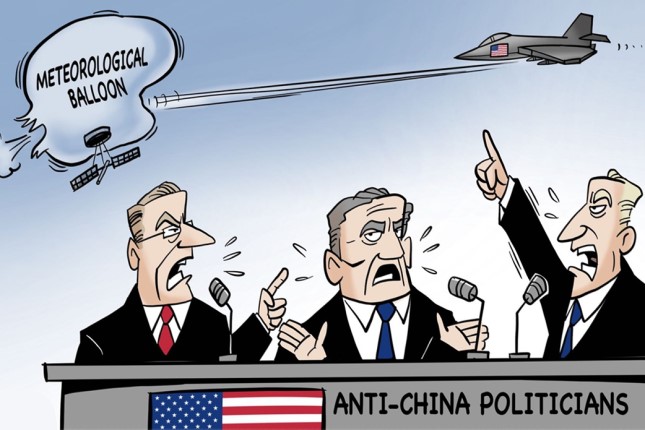The State Department confirmed on Wednesday that Secretary of State Antony Blinken will be visiting China, making him the highest-level Biden administration official to make the trip.
Blinken was supposed to visit China in February but canceled the trip over the Chinese balloon that wound up over US territory due to unexpected weather. The State Department said Blinken will travel to China on a trip from June 16-21 that includes a stop in the UK.
The Chinese Foreign Ministry also confirmed Blinken will be visiting China after a phone call between him and Chinese Foreign Minister Qin Gang. During the call, Qin said the US must “show respect” for China’s concerns, including its stance on Taiwan.
“I hope that the US side will take practical actions to implement the important consensus of the meeting between the two heads of state in Bali, move in the same direction as the Chinese side, effectively manage differences, promote exchanges and cooperation, and promote the stabilization of China-US relations,” Qin said in the call, referring to President Biden and President Xi Jinping’s meeting in Bali, Indonesia last fall.
The State Department said that during his visit to China, Blinken will discuss the “importance of maintaining open lines of communication to responsibly manage US-China relations and that he “will also raise bilateral issues of concern, global and regional matters, and potential cooperation on shared transnational challenges.”
US officials are lowering expectations for any breakthroughs, as they are framing the engagement as managing competition rather than working to resolve issues.
“We’re coming to Beijing with a realistic, confident approach and a sincere desire to manage our competition the most responsible way possible. We do hope at a minimum that we will achieve that goal, and we also do hope of course to make progress on a number of concrete issues,” Daniel Kritenbrink, assistant secretary of state for East Asian and Pacific affairs, told reporters.
“It would be wise not to have expectations of a long list of deliverables because that’s not where we are, I think, in the bilateral relationship,” Kritenbrink added.
Source: AntiWar.
